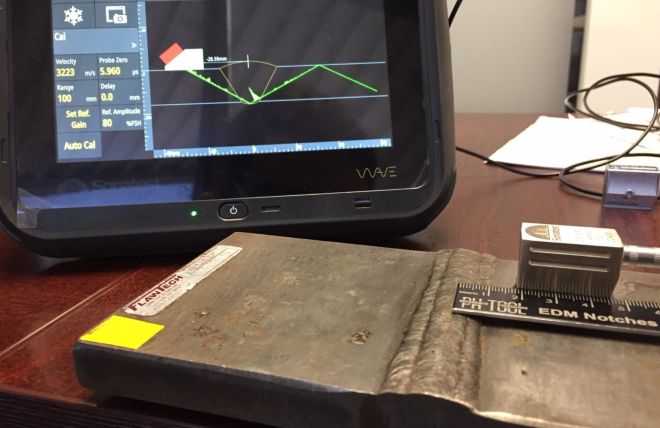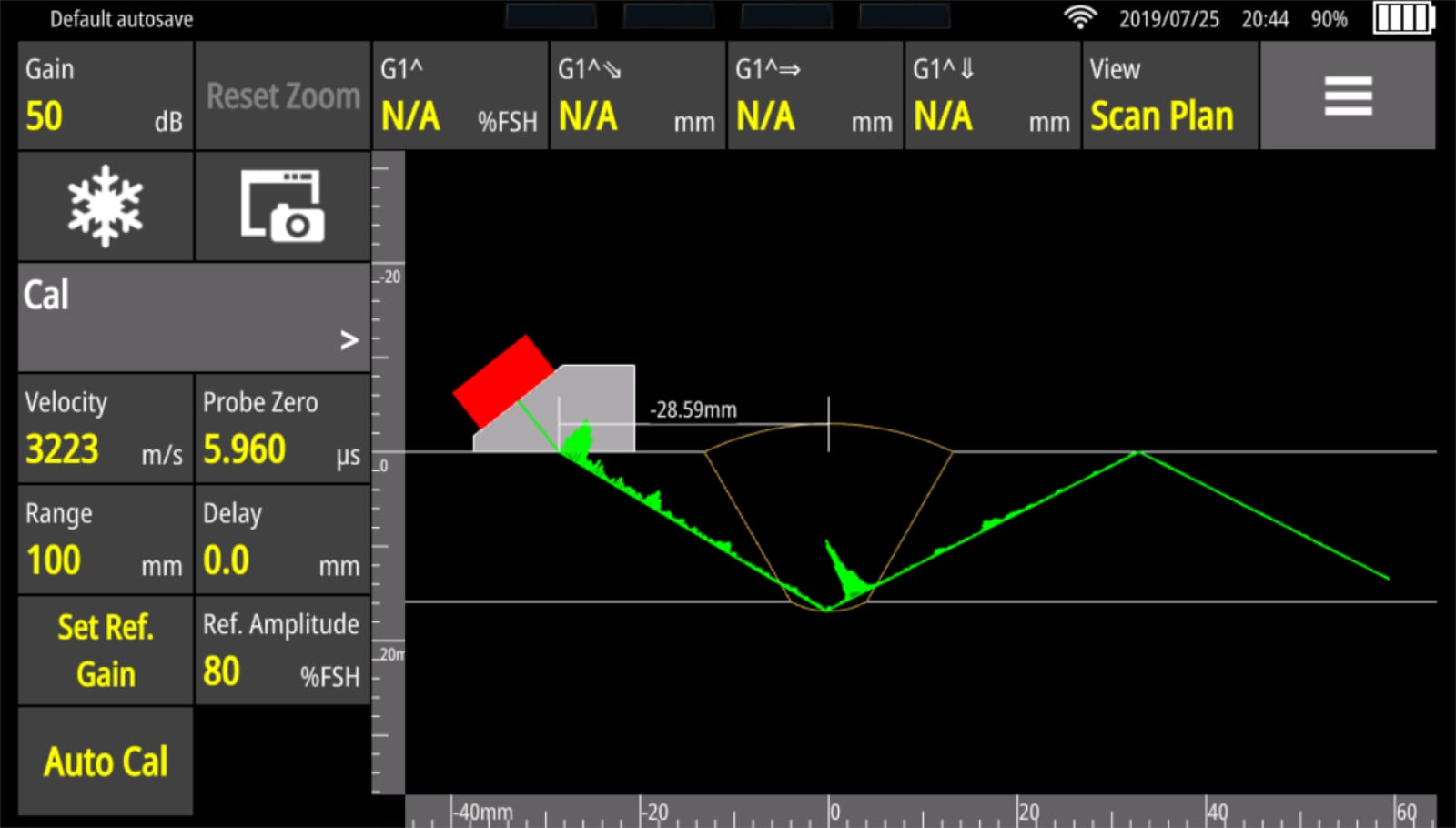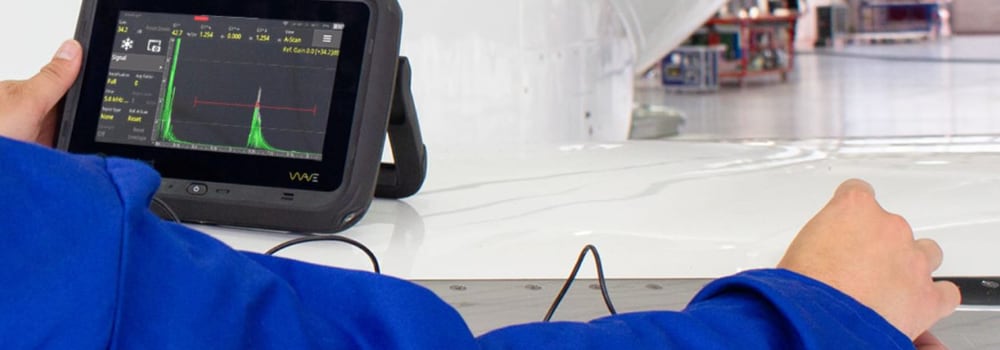
According to a case study by the Health & Safety Executive (HSE), 40% of inspectors make false calls during inspection! So how often do you repair geometrical indication?
In 2008, the HSE published a case study on manual ultrasonic inspections carried out with multiple operators. In this case study, 40 certified ultrasonic operators had to inspect three different test samples with complex weld geometries. Their performance was recorded and statistically analysed. This study concluded that 16 false calls were reported by the operators.
What are false calls and how do they affect inspection?
Generally speaking, false calls occur when the operator is not able to make the distinction between a geometrical indication or a real flaw. Understandably enough, too many false calls would have a significant impact on productivity, leading to unnecessary repair works.
According to the HSE studies, ''successful inspectors are special and rare. They need to be cultivated through training with provision of the best tools available and continually reinforced through management support''.
But what if the inspectors never had the appropriate tools to properly differentiate a geometrical indication from a real flaw? What if a new technology can help them make this distinction?
How the WAVE helps decrease the risk of false calls
The Sonatest WAVE boasts an interactive scan-plan that allows the operator to precisely create the weld configuration, as well as material velocity and the wedge angle. This combined with a real-time ray tracer helps the operator differentiate a real defect from a geometrical reflection. Once integrated into the inspection process, the interactive scan-plan would significantly reduce the probability of false calls and lower unnecessary repair costs.
Click here for more information

Geometrical indication at the root of the weld sample
The Sonatest WAVE will truly help technicians focus on their acoustic (A-scan) by adapting the instrument to the reality of each inspection. It allows you to report with confidence using its innovative and interactive weld defect localisation solution.
Please contact our Applications Team if you have any questions. You can also find more solutions on our website.
Stay up to date with our latest content. Sign up here to get our blogs delivered straight to your inbox.
News Filter...

The latest news from Sonatest direct to your inbox.
Tags
Related Products
